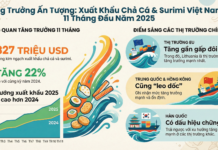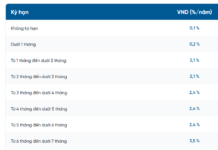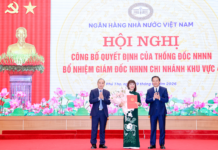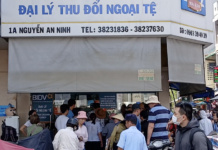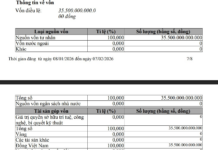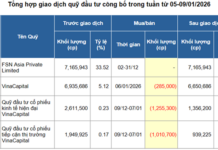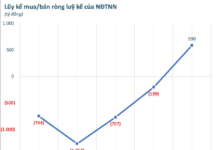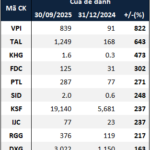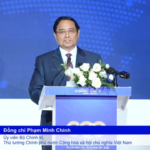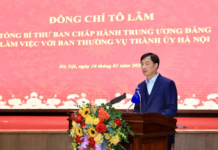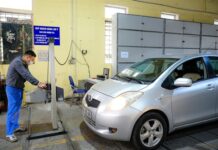Over the past 15 years, Vietnam has made remarkable strides in building the legal and institutional framework for Public-Private Partnerships (PPP)
In his opening remarks, Deputy Minister of Finance Tran Quoc Phuong emphasized that Vietnam’s infrastructure needs are “enormous,” while the state budget can only cover a fraction. Mobilizing private sector investment through PPP is therefore “imperative” to sustain rapid, sustainable growth and enhance national competitiveness.
The Deputy Minister noted that over the years, the legal framework for PPP has been continuously refined. Amendments to the PPP Law and related decrees have maximized the scope of PPP investment sectors, increased flexibility in financial mechanisms and risk-sharing, and streamlined procedures to better facilitate investors.
“After a phase of legal framework enhancement, Vietnam is now poised to enter a stage of robustly implementing high-impact PPP projects,” the Deputy Minister affirmed.
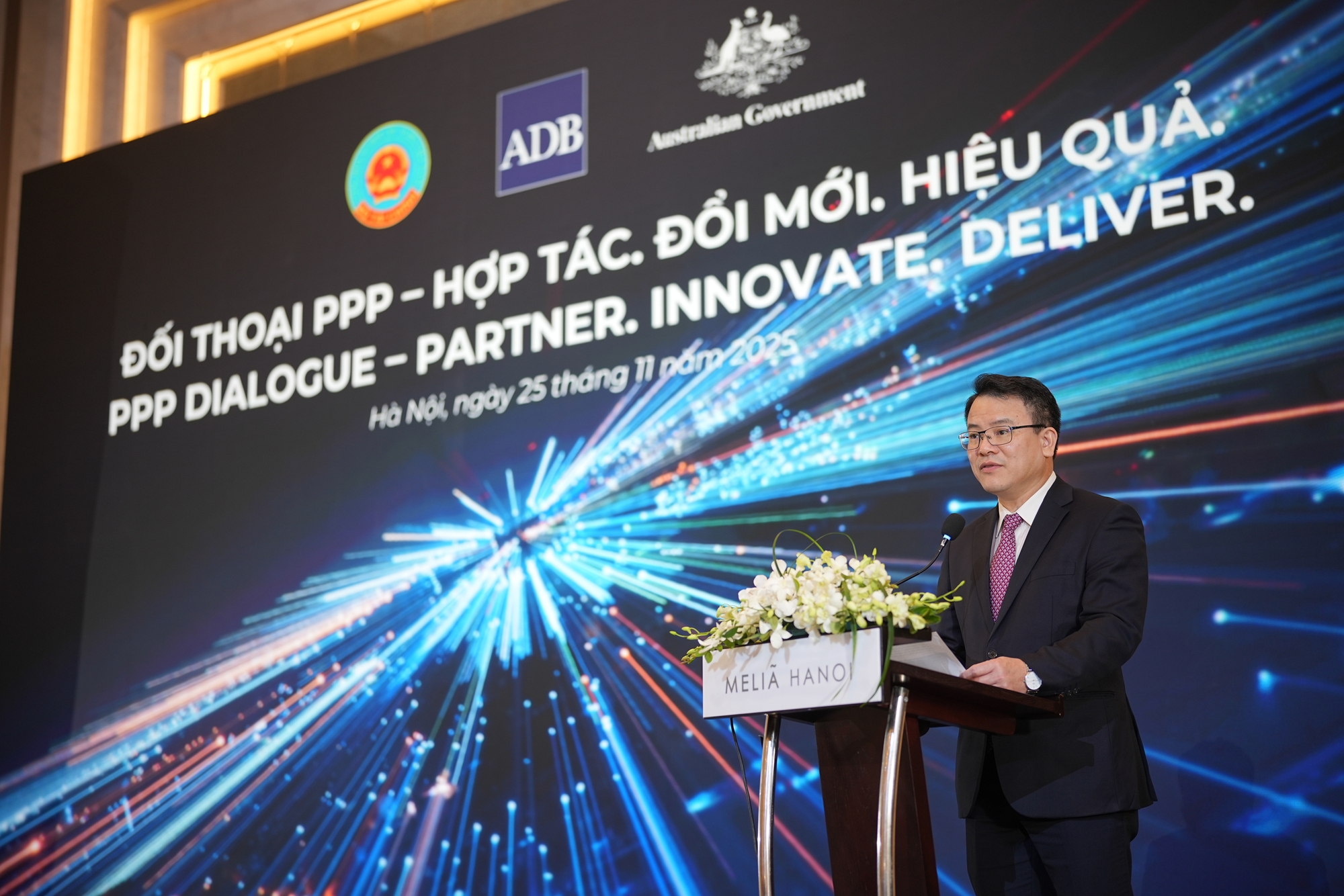
Deputy Minister of Finance Tran Quoc Phuong
Assessing Vietnam’s PPP progress, Mr. Shantanu Chakraborty, ADB Country Director in Vietnam, acknowledged the 15-year legal development journey, from Decree 108 (2009), Decree 15 (2015), Decree 63 (2018) to the 2020 PPP Law and its 2024–2025 amendments, which have laid the groundwork for Vietnam to expand PPP strategically and coherently.
“Over the past 15 years, Vietnam has achieved impressive progress in building the legal and institutional foundation for PPP,” Mr. Shantanu Chakraborty emphasized.
However, from the perspective of an international financial institution, Mr. Shantanu Chakraborty identified practical “bottlenecks” that need to be addressed.
First, project preparation capacity requires significant improvement. A truly viable PPP project demands robust pre-feasibility studies, comprehensive risk analysis, and effective inter-agency coordination.
Second, risk allocation remains a major issue for investors and lenders. Clarifying revenue models, state support mechanisms, and contract enforcement principles is crucial to boosting investor confidence.
Third, long-term financing for infrastructure projects with extended lifespans remains limited. While domestic banks have gained more PPP experience, barriers related to tenure, risk appetite, and financial instruments still challenge large-scale projects.
Fourth, competitive investor selection is constrained, especially as the government prioritizes expediting projects to meet growth targets. Many projects continue to rely on unsolicited proposals or direct appointments, hindering cost efficiency, transparency, and competitiveness—key factors for attracting high-quality investors.
Fifth, emerging sectors—digital transformation, innovation, science and technology, and social infrastructure—require updated policy models and cooperation frameworks tailored to their unique characteristics.
“These are not unusual challenges. However, to attract high-quality private capital, Vietnam needs a robust, credible, and investment-ready project pipeline,” the ADB representative stressed.
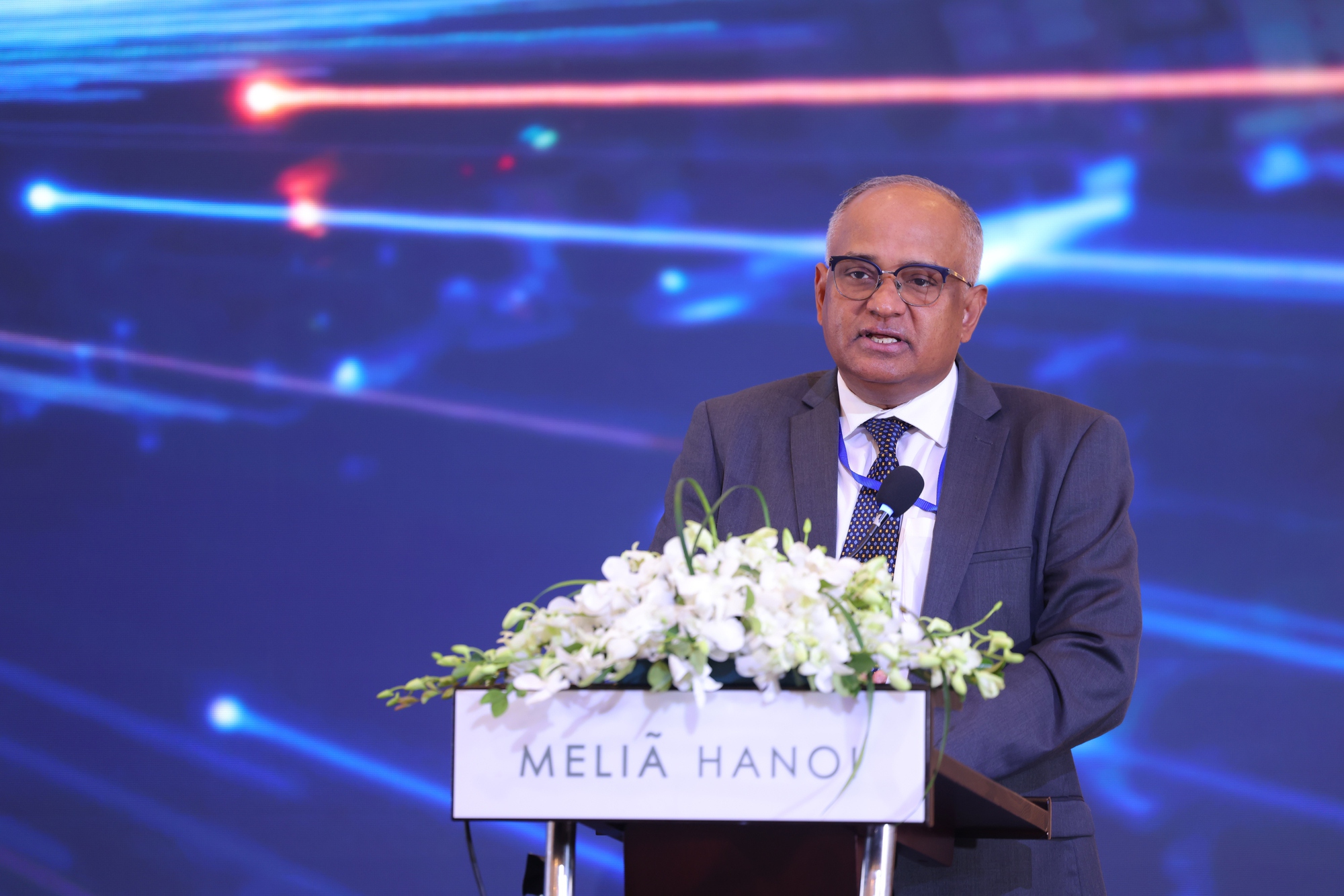
Mr. Shantanu Chakraborty, ADB Country Director in Vietnam
Three Priority Sectors Identified for Vietnam’s PPP Agenda 2025–2030
At the conference, the Ministry of Finance identified three key sectors to drive PPP in the coming years. The first is transportation, a cornerstone of the PPP program with high capital demand and strong investor appeal, spanning highways, seaports, airports, and inter-regional connectivity. Implementing PPP in transportation accelerates key projects, ensures reasonable risk-sharing between the state and businesses, and enhances management and operations to international standards. This sector is also expected to create a strong ripple effect for economic growth and regional development.
The second sector is urban transportation integrated with urban development (TOD). According to the Deputy Minister of Finance, major Vietnamese cities currently face urgent needs for infrastructure improvement, metro development, public transport systems, and smart urban connectivity.
“This is a critical sector requiring sustainable solutions for large-scale urban infrastructure deployment, alongside mechanisms for capital mobilization through land exploitation and value capture,” the Deputy Minister explained.
Notably, the Ministry of Finance highlighted the third sector: innovation, digital transformation, and social infrastructure. In Vietnam’s development vision, innovation has been established as a strategic pillar through Resolution 57-NQ/TW.
“This is a new but potentially breakthrough sector, featuring models like digital infrastructure for national governance and public services, and tripartite cooperation between the state, businesses, and research institutions. Moving forward, Vietnam aims to promote innovative PPP models aligned with digital economic development trends,” the Minister stated.
On behalf of ADB, Mr. Shantanu Chakraborty reaffirmed the bank’s commitment to supporting Vietnam in project preparation, institutional enhancement, and transaction advisory, while sharing international lessons from airports, seaports, TOD, and PPP models in digital transformation and social infrastructure.
Prime Minister Attends Key Events at the Autumn Economic Forum
On the morning of November 26th, the 2025 Autumn Economic Forum officially commenced in Ho Chi Minh City. The event was graced by the presence of Prime Minister Pham Minh Chinh, Deputy Prime Minister Bui Thanh Son, leaders from various ministries, local authorities, representatives from approximately 30 diplomatic missions in Vietnam, national leaders, experts, scientists, and over 500 domestic enterprises specializing in science, high technology, and innovation.
“Real Estate Firms’ Reserves Surge 59% in Nine Months”
As of the end of September 2025, the total reserves of 104 real estate companies listed on the HOSE, HNX, and UPCoM exchanges surged by 59% compared to the beginning of the year, reaching nearly VND 213.4 trillion. Short-term cash holdings also rose by 26%, climbing to approximately VND 119.7 trillion.
Vietnam Securities Upgrade: Key Updates from Brokerages
BSC Research curates critical insights from FTSE announcements alongside upcoming regulatory reforms poised to impact Vietnam’s stock market.
Elevating Health Awareness: Long Châu and STADA Pymepharco Unite to Combat Health Risks
Obesity has become a pressing global health concern, and Vietnam is no exception. In a collective effort to promote a healthier Vietnam, Long Châu has partnered with STADA Pymepharco to launch a series of impactful community initiatives. These activities aim to raise awareness about safe, scientifically-backed, and reliable weight loss methods, empowering individuals to take control of their well-being.




